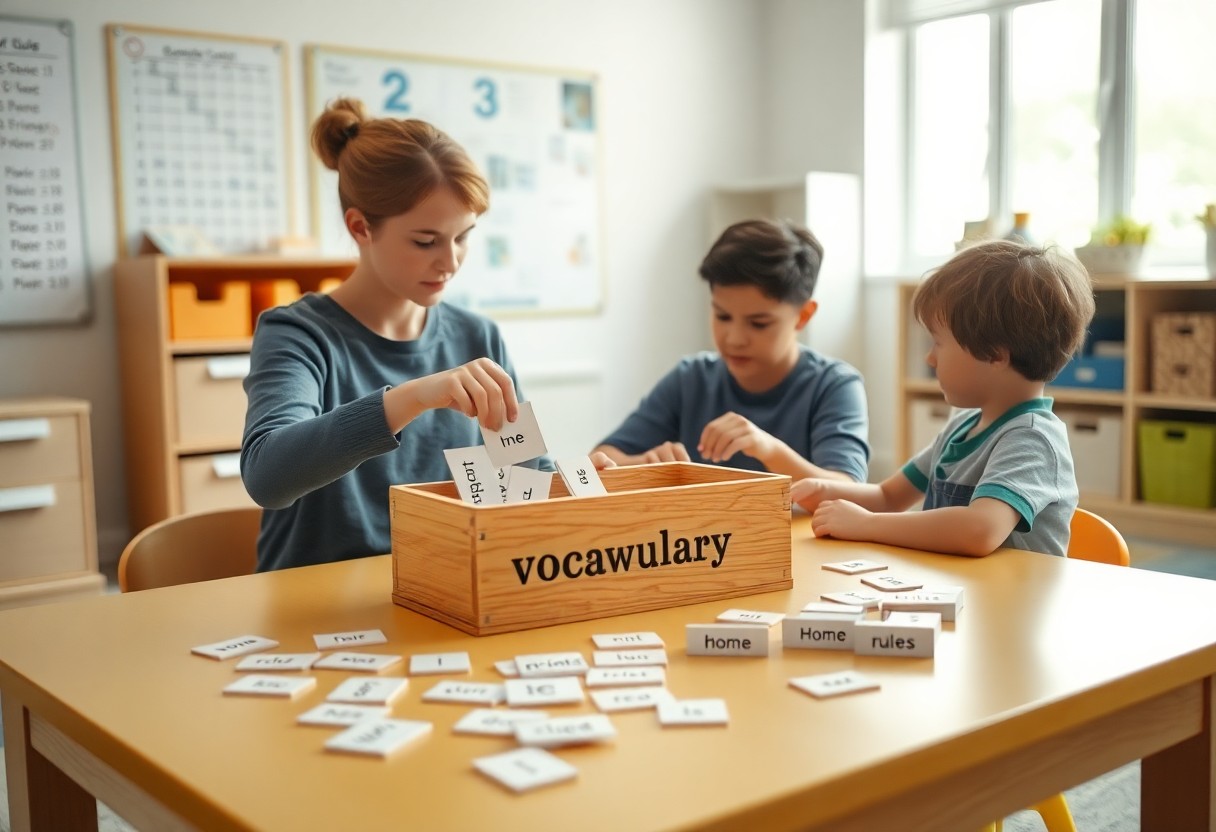Jessica Guobis

Jessica Guobis, MA, CAADC-DP
Temporary Limited License Psychologist
With a background in neuroscience, Jessica brings a holistic approach to therapy that honors the deep connection between mind and body. She helps clients in individual therapy understand how early experiences, trauma, stress, and relationships shape the nervous system and how those patterns can be rewired to promote healing and balance. Drawing on her knowledge of brain function and emotional regulation, Jessica guides clients in learning to use their body’s signals to learn and change how they feel.
Jessica believes healing involves the whole person. She supports clients in exploring how their physical health, sleep, movement, relationships, and inner world all intertwine to influence well-being. Her approach integrates neuroscience, mindfulness, and compassion-based practices to help clients develop greater calm, resilience, and self-understanding.
While Jessica has specialized training in addiction and trauma-informed care, her focus extends to the underlying nervous system dysregulation that can manifest in many ways, from anxiety and chronic stress to compulsive behaviors and emotional numbness. She meets clients with warmth, curiosity, and a deep respect for our innate capacity to heal.
She has been a crisis counselor and volunteer at Dreams of Horses, an equine therapy farm, and is in the process of adding Mentalization-Based Treatment and EMDR to her practice.
Clinical Specializations
- Anxiety and Mood Disorders
- Relationship Issues
- Trauma
- EMDR
Additional Expertise
- Substance Abuse and Addictive Behaviors
- Codependency
- Depression
- Family Conflict
- Life Transitions
Education and Background
- Temporary limited license psychologist, State of Michigan
- Certified Advanced Alcohol and Drug Counselor candidate (CAADC-DP)
- Master’s Degree, Clinical Psychology, The Michigan School of Psychology
- Dual Bachelor’s Degree in Neuroscience and Psychology, Summa Cum Laude, Eastern Michigan University
Favorite therapeutic book
The Biology of Desire, Mark Lewis
I love how this book challenges the traditional disease model of addiction. It emphasizes the power of the human brain and the indomitable human spirit – an idea that deeply resonates with my approach to therapy.
Is There A Hidden Vocabulary Of Growth Waiting Within Child And Teen Therapy?
Growth in therapy reveals subtle language-symbols, metaphors, and gestures-that you can learn to interpret to support emotional development, strengthen communication, and guide interventions for children and teens toward resilience and self-awareness.Key Takeaways: Therapy expands emotional vocabulary-helping children and teens name and regulate feelings, which supports self-awareness and coping. Play, art, metaphors and stories act as a hidden lexicon that reveals inner experiences and enables gradual change. Caregiver and therapist language scaffolds growth: attuned, validating phrasing turns insights into healthier behaviors and relationships. Understanding Child and Teen Therapy Definition and Purpose Therapy for children and teens targets emotional, behavioral, and social development, helping you identify feelings, build coping skills, and navigate developmental transitions in a way that fits your age and...
Read MoreWhy Might Teen Therapy Be The Antidote To Quiet Emotional Erosion?
Just as subtle cracks darken a foundation over time, quiet emotional erosion in teens undermines your confidence and relationships; therapy offers you structured support, evidence-based strategies, and a confidential space to name emotions, recalibrate coping habits, and rebuild resilience so small harms don’t compound into lasting damage. Key Takeaways: Early, consistent therapy helps teens identify and process feelings before numbness or avoidance become ingrained patterns. Therapy builds emotional literacy and coping skills-regulation, boundary-setting, and stress management-that slow or reverse gradual erosion of well-being. Improved communication and strengthened relationships through therapy reduce isolation and lower long-term risk of anxiety, depression, and self-destructive coping. Understanding Emotional Erosion in Teens Defining Emotional Erosion You’ll notice emotional erosion as a gradual wearing down of...
Read More

